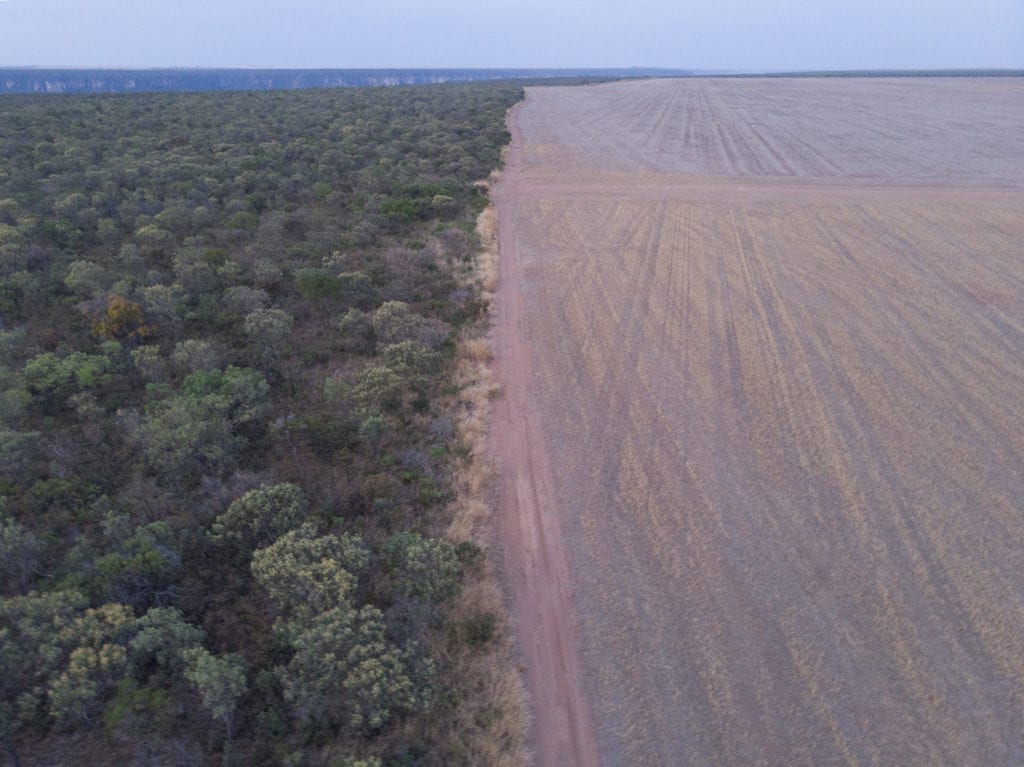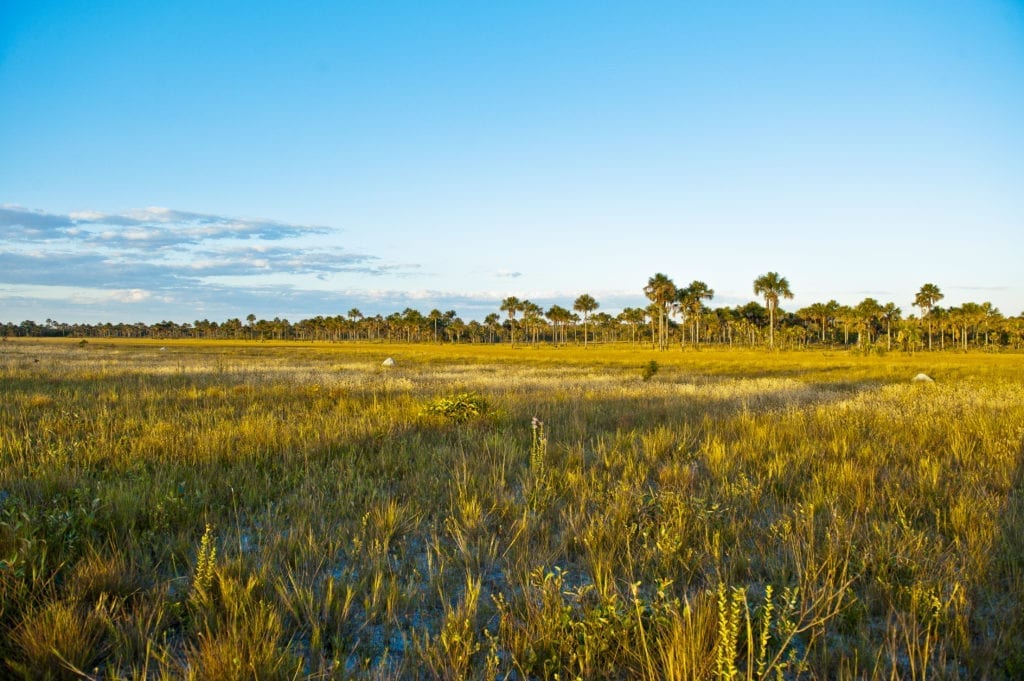Addressing the Whole Picture of Imported Deforestation
In 2020, 1.1 million people joined the #Together4Forests campaign demanding a strong law to tackle the EU’s footprint on forests and other ecosystems. This was the largest-ever public participation on an environmental topic in the history of the EU, clearly calling for an end to EU-driven deforestation and nature destruction.
2020 was also a year of unprecedented deforestation and fires in the Amazon. As we speak, commodities such as soy (which we mainly import to feed our livestock in Europe), beef, palm oil and cacao are all getting the green light to enter EU markets, regardless of whether forest or other natural habitats are being cleared in the process – be that “legally” or illegally. We may not be the ones destroying iconic landscapes like the Amazon rainforest and Cerrado grassland first-hand, but by accepting these products into our supermarkets, without any questions asked, the EU is part of the problem, when it should be part of the solution.

The ball is now firmly in the court of the EU institutions to make the law citizens have called for a reality. There have been some good signs already: The European Commission reaffirmed its commitment to propose new deforestation legislation in 2021, with pledges coming in from President Ursula von der Leyen during the One Planet Summit in January 2021, as well as from Executive Vice-President Frans Timmermans and Commissioner Virginijus Sinkevičius at the end of 2020 when formally receiving the 1.1 million submissions through the #Together4Forests campaign, which was led by WWF, Greenpeace, ClientEarth, Conservation International and the Environmental Investigation Agency, and supported by more than 160 civil society groups. The European Parliament also passed a resolution laying out its proposal for an ambitious law to halt EU-driven deforestation and nature destruction. These commitments lay strong foundations for a good legislative proposal in 2021.
We may not be the ones destroying iconic landscapes like the Amazon rainforest and Cerrado grassland first-hand, but by accepting these products onto its supermarket shelves – no questions asked – the EU is part of the problem, when it should be part of the solution.
WWF and other environmental groups have spent years advocating for a strong law to tackle EU-driven deforestation and nature destruction. Whilst a new EU law to protect the world’s forests is urgently needed, it also needs to be effective in ensuring commodities and products placed on the EU market are not linked to the destruction of other natural ecosystems, such as grasslands, wetlands and mangroves. For example, the expansion of cattle pastures and soy fields is replacing Brazilian rainforests and grasslands alike. So far, the European Commission has not clearly stated whether ecosystems other than forests would be covered by the new deforestation law. If the EU’s new legislation were to focus solely on addressing deforestation, it would be a puzzle where a big piece is missing, and not address increasing pressure on other related natural habitats.
These “other” ecosystems are rich in biodiversity and are essential for our climate, benefits which are often wildly underestimated. For instance, the Brazilian Cerrado (50% of which has already been lost, largely due to the unsustainable production of soy and livestock) is one of the most biodiverse grasslands on the planet, housing a third of Brazil’s biodiversity, including jaguars and giant anteaters. This natural haven is also crucial for our climate, storing around 13.7 billion tons of carbon dioxide, and often referred to as an “inverted forest” as it contains underground stores of carbon similar to or greater than those found in more productive forests. While EU soy and beef imports are not the only ones driving the destruction of the Cerrado, they constitute a significant piece of this bleak picture since the EU is the second largest market for Brazilian soy after China, and EU soy imports are more likely to be tainted by deforestation as they are sourced from so-called “deforestation fronts”, like the Cerrado.

If the EU does not play its legislative cards right, it runs the risk of ignoring its true impact on nature worldwide. If the EU is serious about addressing its impact beyond its borders, it must get to the root of the cause and ensure this law does not leave the job half done. WWF strongly believes that the EU’s new deforestation law must ensure that no product or commodity placed on the EU market is linked to the destruction of forests and other natural ecosystems, nor to the violation of human rights, in particular those of indigenous peoples and communities.
In February 2021, WWF published its position on the upcoming legislation, which outlines the core elements we will be watching out for in the European Commission’s proposal. First and foremost, the new legislation must ensure that products and commodities placed on the EU market are sustainable, rather than only being “legal” according to the country of origin, which means that no product that has contributed (or is at risk of contributing) to deforestation, forest degradation, as well as the conversion of natural habitats into farmland, and degradation of other natural ecosystems, is allowed onto the EU market. This new law must also ensure that no violation of human rights is linked to the harvest or production of commodities placed on the EU market. WWF is also advocating for the law to introduce mandatory requirements for due diligence for businesses and the finance sector to ensure traceability of commodities and supply chain transparency. Lastly: the EU needs to strengthen its cooperation with producing countries in order to support global efforts to put an end to deforestation, nature destruction, and human rights violations. In parallel, it is important for the EU to take a critical look at its own consumption, in particular that of meat and dairy products.
There will be plenty of eyes on the European Commission as they get set to propose their legislative proposal in the spring of 2021. Together with the 1.1 million people and 160+ civil society groups who have joined forces in the #Together4Forests campaign, we will be watching closely and continue to advocate for this law to go all the way to address the EU’s nature destruction footprint in a way that holds governments, businesses and the financial sector to account.